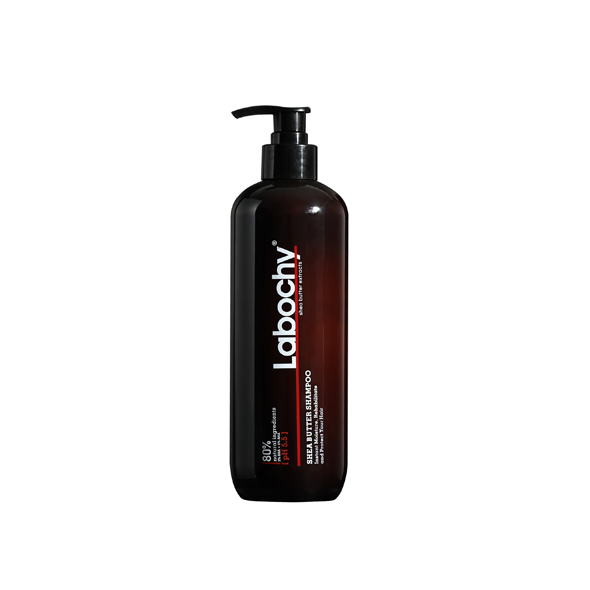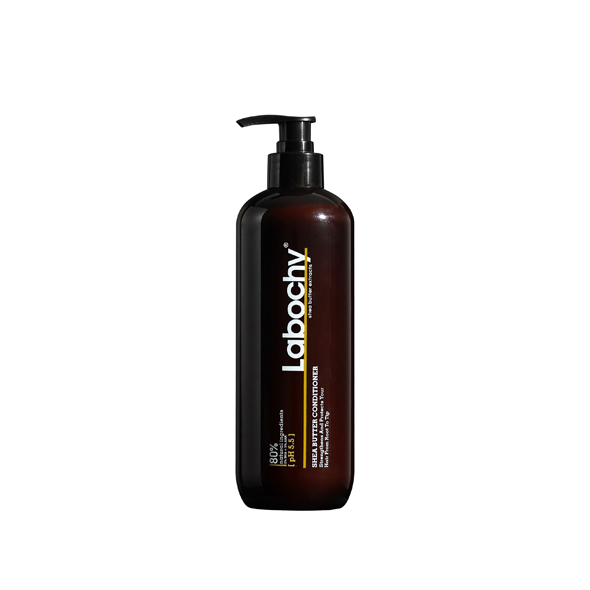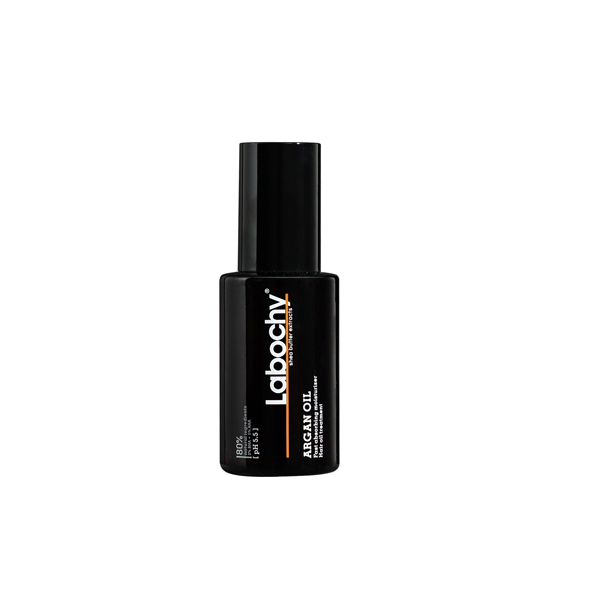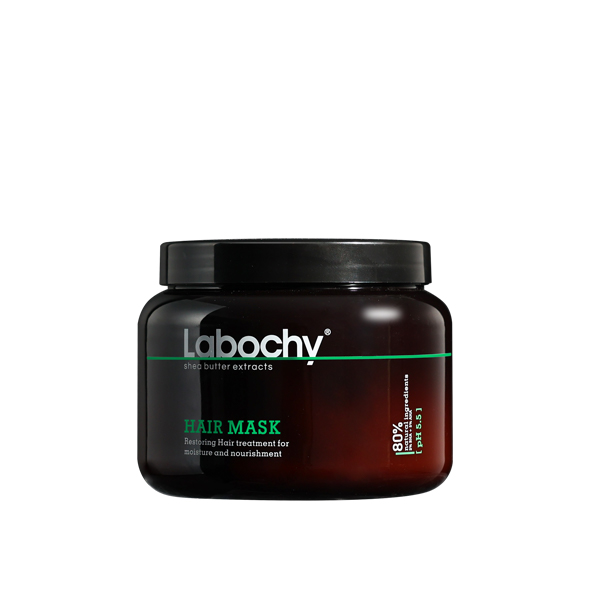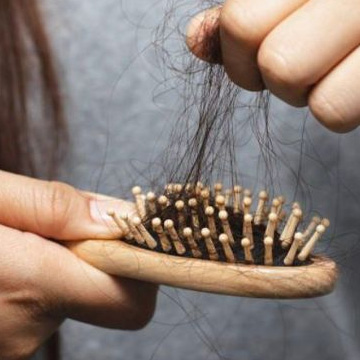
Hair loss is a prevalent issue impacting individuals of both genders, resulting in psychological distress and diminished
self-assurance. Gaining a comprehensive comprehension of the perils associated with hair loss, identifying its fundamental
causes, and exploring viable treatment alternatives are essential steps toward resolving this matter and restoring a voluminous
head of hair.
This article aims to thoroughly investigate the potential hazards resulting from hair , analyze the underlying factors
that contribute to its occurrence, and provide practical strategies for addressing and averting hair .
The Hazards of Hair Loss
Experiencing hair loss can have significant implications for an individual’s emotional welfare and self-confidence. Given that hair is frequently linked to youthfulness and beauty, its loss can generate sentiments of shame and adversely affect one’s perception of their physical appearance. Additionally, individuals grappling with hair may encounter heightened levels of anxiety, depression, and social isolation. Moreover, hair serves as a safeguarding shield for the scalp, shielding it from detrimental ultraviolet radiation and external pollutants. Consequently, hair loss can leave the scalp vulnerable, thereby augmenting the likelihood of sunburn and various dermal complications.
Common Causes of Hair Loss
Understanding the root causes of hair loss is essential in developing effective treatments. Some of the primary factors contributing to hair loss include:
a) Genetic predisposition is one of the primary factors contributing to hair fall. Androgenetic alopecia, commonly referred to as male pattern baldness or female pattern hair , is an inherited condition that can manifest as early as the late teens or early 20s.
b) Hormonal imbalances significantly impact hair growth regulation. In instances such as pregnancy, menopause, or thyroid disorders, imbalances can result in temporary or permanent hair .
c) Inadequate nutrition, particularly insufficient intake of essential vitamins and minerals like biotin, iron, and zinc, can undermine hair follicle strength and contribute to hair .
d) Elevated stress levels can induce telogen effluvium, a condition that disrupts the hair growth cycle and leads to excessive hair shedding.
e) Excessive use of heat styling tools, tight hairstyles, and chemical treatments can harm hair follicles and ultimately cause hair loss.
Effective Treatment and Prevention
a) Minoxidil: Topical minoxidil available over-the-counter is a widely utilized treatment for androgenetic alopecia. It effectively stimulates hair growth and retards hair loss in both male and female individuals.
b) Finasteride: This medication requires a prescription and is primarily intended for men. It functions by inhibiting the production of DHT, a hormone accountable for male pattern baldness.
c) Hair Transplantation: In cases of extensive hair , hair transplant surgery presents a viable option. This surgical procedure involves relocating hair follicles from the donor area to areas experiencing baldness.
d) Laser Therapy: Devices employing low-level laser therapy, such as laser combs or helmets, have the capability to stimulate hair follicles and foster hair growth.
e) Balanced Diet: Nourishing the body with a diet abundant in nutrients like protein, vitamins (especially biotin), and minerals contributes to the promotion of healthy hair growth.
f) Stress Management: Engaging in stress-reducing activities such as yoga, meditation, or regular exercise serves as a preventive measure against stress-induced hair fall.
g) Gentle Hair Care: Minimizing harsh styling practices and refraining from chemical treatments can significantly diminish hair damage and loss.
Hair loss is a concerning condition that impacts a significant number of individuals globally. Gaining awareness regarding the potential hazards of hair fall and its fundamental origins is imperative when seeking viable remedies.
By considering a range of treatment alternatives, encompassing topical medications and lifestyle adjustments, individuals facing hair fall can actively address the issue and hinder its progression. Emphasizing a holistic strategy that encompasses adequate hair care practices, well-balanced nutrition, and effective stress management techniques can foster the development of healthier and denser hair, ultimately enhancing one’s self-assurance.

100% Official & Genuine
SMOOTH HAIR SPEAKS LOUDER THAN WORDS-

Australia's Raw Materials
Safe And Effective
-

Shea Butter
Natural Formula
-

Contact Us


